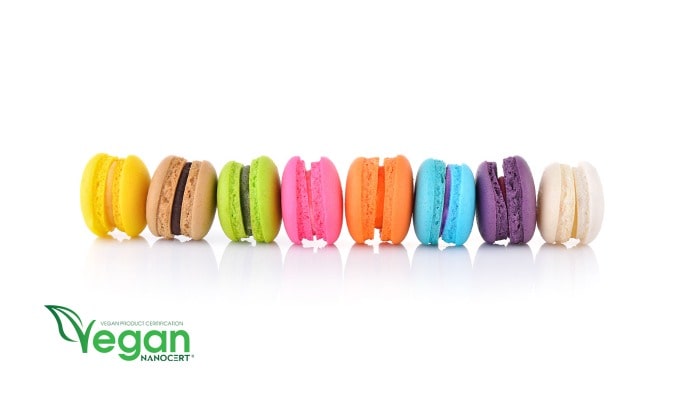Vegan Food Ingredients
Vegan Food Ingredients

Baking Yeast: Common name of yeast used as yeast in bakery products. It is vegan.
Bauxite: An aluminum ore that is the main commercial source of aluminum. It is vegan.
Bee pollen: Microsporic grains collected by bees in seed plants and then collected from the legs of bees. It is not vegan.
Beeswax: The wax obtained by melting, filtering and cooling the honeycombs with boiling water. It can be produced synthetically. Naturally produced beeswax is not vegan.
Beet Sugar: It is sugar obtained from sugar beet. It is vegan.
Benzoic Acid: It is produced by the oxidation of toluene with an oxygen-containing gas in the presence of a heavy metal oxidation catalyst. It is vegan.
Beta Carotene: Carotene, which is important in the diet as a precursor to vitamin A. It is used as a food dye. It is vegan.
Betatene: Trade name for a naturally occurring mixture of carotene, including beta carotene. It is obtained from the seaweed Dunaliella salina. It is vegan.
Biotin: A whitish crystalline powder, also known as Vitamin B Factor or Vitamin B7. It can be derived from animal cells, milk or plant sources (such as fruits) or produced synthetically. It can be of vegetable or animal origin. Its source should be questioned.
Bone charcoal (charcoal)/Bone black: Animal bone ash. Black residue from bones calcined in closed vessels. It is used as a pigment or decolorizing absorbent, especially in sugar production. It is not vegan.
Bone phosphate: It is produced from animal bones. It is not vegan.
Brewer's Yeast: Live yeast used in brewing or inactivated yeast obtained as a by-product of brewing and used as a nutritional yeast product. It is vegan.
Bromelain: It is an enzyme obtained from the fruit, stem and leaves of the pineapple plant. It is vegan.
Butane: It is a gaseous component of natural gas. It is extracted during the production of petroleum products such as gasoline or produced from crude oil. It is vegan.

